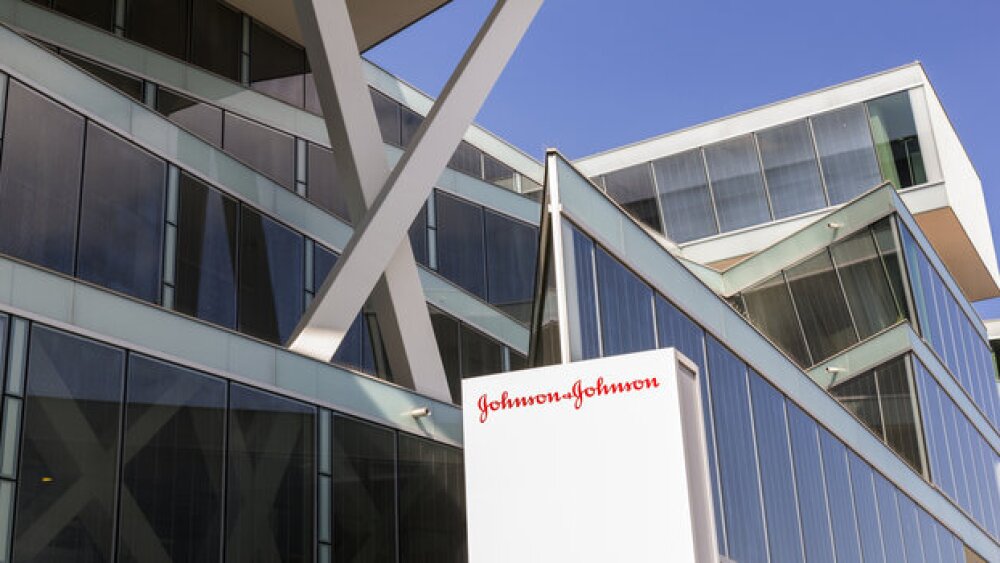Could an arthritis medication show promise as a treatment for the symptoms related to the coronavirus? That’s what Regeneron and Sanofi intend to find out.
Could an arthritis medication show promise as a treatment for the symptoms related to the coronavirus? That’s what Regeneron and Sanofi intend to find out.
The longtime developmental partners are aiming to see if Kevzara, a treatment for rheumatoid arthritis, could be effective against symptoms related to COVID-19. Regeneron Chief Scientific Officer George Yancopoulos told The Wall Street Journal if Kevzara could ease damage to the lungs and respiratory system caused by the body’s overreaction to COVID-19. Kevzara would not treat the underlying virus, just the immune system responses. Yancopoulos said the companies hope to have a trial “up and running” over the next several weeks or months in order to have data.
Researchers are turning to multiple drugs on the market as there are yet no approved treatments or vaccines for the novel coronavirus. In China, researchers have been using Roche’s Actemra, a drug similar to Kevzara, to help a small group of patients with severe or critical Covid-19 disease recover, the Journal reported. Pointing to the reports of that treatment option, Yancopoulos said several patients who received the Roche treatment “got out of death’s bed and walked out of the hospital.” Still, in his interview with the Journal, Yancopoulos was cautious because the work done in China was with a small group of patients and did not have controls, nor did it have defined parameters for success.
Both rheumatoid arthritis drugs are inhibitors of interleukin-6 (IL-6). The IL-6 protein triggers the body’s immune and inflammatory response to fight infections. However, if the immune system overreacts, healthy tissue and organs can be attacked, which seems to be the case with some coronavirus patients. Naimish Patel, Sanofi’s head of global development for immunology and inflammation, told the Journal that in some cases, the coronavirus is causing an acceleration of immune responses, which have attacked and damaged the lungs. By inhibiting IL-6, Patel said it could keep the body from attacking itself.
“Even though the virus is diminishing, it’s sending signals to the immune system to keep attacking,” Patel told the Journal. “If there’s too much inflammation, you end up killing cells that aren’t infected and leading to more damage than you really need.”
Sanofi and Regeneron intend to study the drug in trials in the United States, as well as overseas.
In addition to its work with Kevzara, Regeneron is also exploring a combination of its investigational drugs REGN3048 and REGN3051 as a treatment for coronavirus. The antibodies in the study both bind to the S-protein of MERS coronavirus.
Sanofi’s vaccine business is collaborating on a vaccine with the Biomedical Advanced Research and Development Authority (BARDA), part of the Office of the Assistant Secretary for Preparedness and Response, part of the U.S. Department of Health and Human Services.
Other companies are also turning their resources toward the treatment of coronavirus as the number of coronavirus cases has topped 1,000 in the United States and 121,000 globally. More than half of the diagnosed patients have recovered, but there have been a reported 4,373 deaths related to the disease. For a broad look at COVID-19 and the industry response, BioSpace has compiled a significant update.





